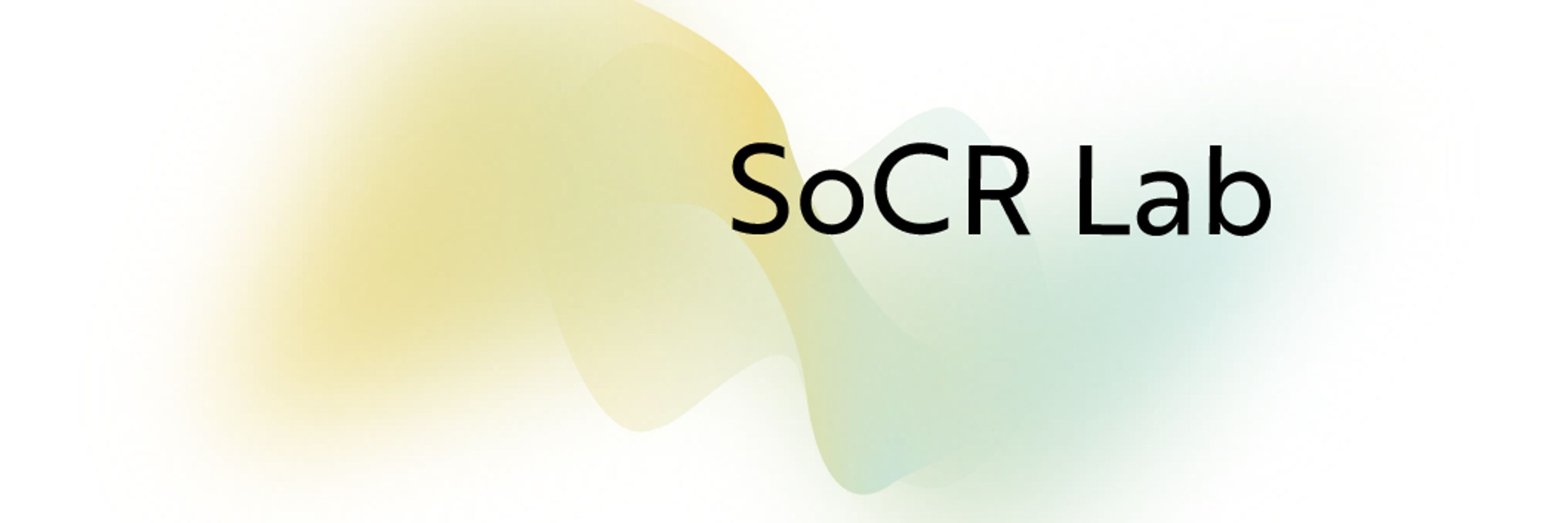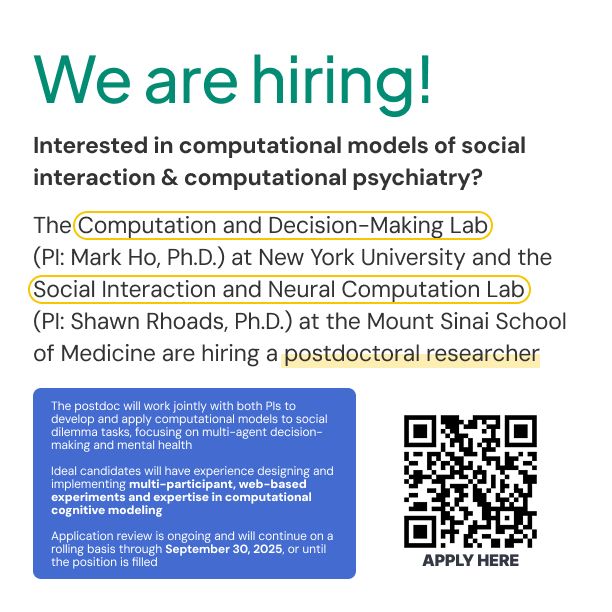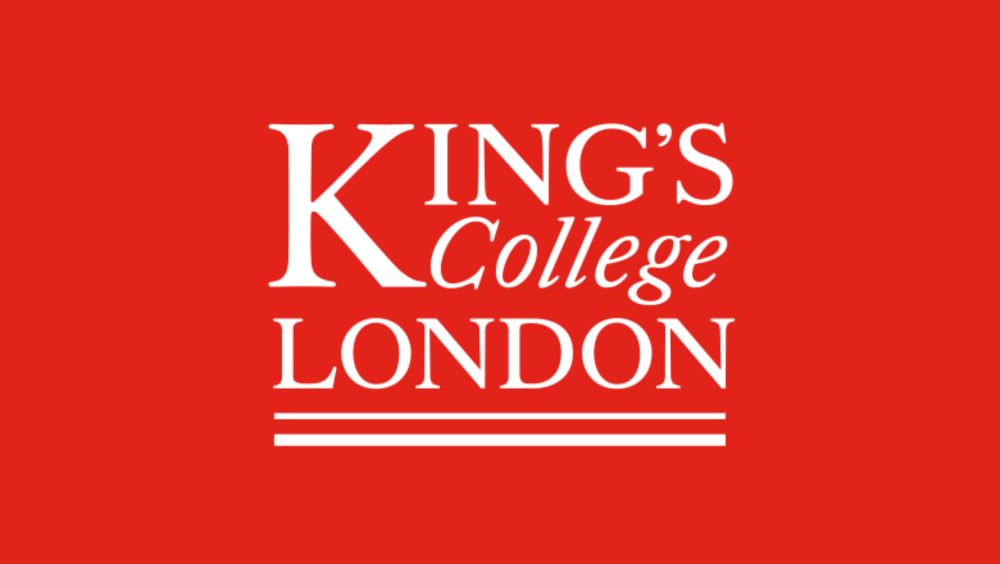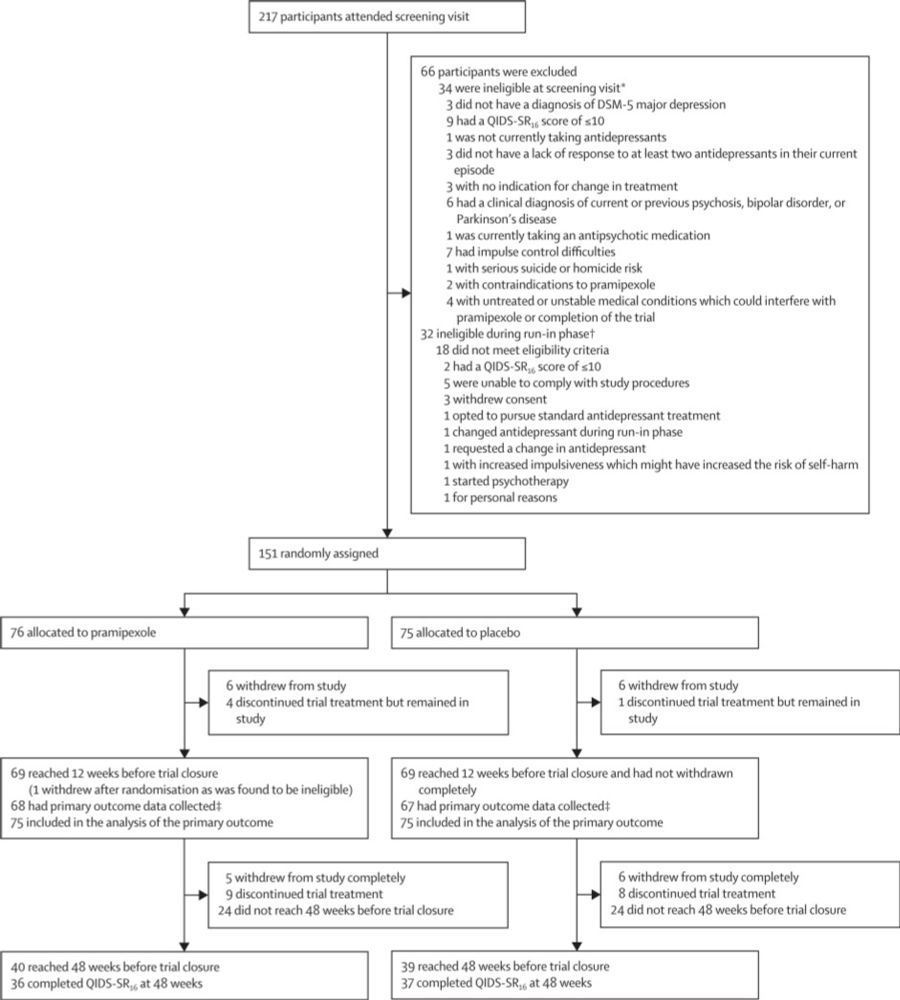Joe Barnby
@joebarnby.com
2.6K followers
1.5K following
120 posts
snr. lecturer/assoc. prof. @ KCL & CAIML socrlab.net | FENS-Kavli scholar | founder @ Hypatia | computational social cog & mental health in biological 🧠 and artificial 🤖 intelligence
Between London 🇬🇧 & Perth 🇦🇺
Posts
Media
Videos
Starter Packs
Reposted by Joe Barnby
Reposted by Joe Barnby
Joe Barnby
@joebarnby.com
· Sep 5
Joe Barnby
@joebarnby.com
· Sep 5
Reposted by Joe Barnby
Reposted by Joe Barnby
Reposted by Joe Barnby
Joe Barnby
@joebarnby.com
· Jul 14
Joe Barnby
@joebarnby.com
· Jun 30
Joe Barnby
@joebarnby.com
· Jun 30
Joe Barnby
@joebarnby.com
· Jun 30
Joe Barnby
@joebarnby.com
· Jun 30
Joe Barnby
@joebarnby.com
· Jun 30
Joe Barnby
@joebarnby.com
· Jun 30
Joe Barnby
@joebarnby.com
· Jun 30
Joe Barnby
@joebarnby.com
· Jun 30
Joe Barnby
@joebarnby.com
· Jun 30

A simple model for learning in volatile environments
Author summary Sound principles of statistical learning dictate that uncertainty influences behavior. However, despite the success of statistically founded algorithms for learning in stable environmen...
journals.plos.org









